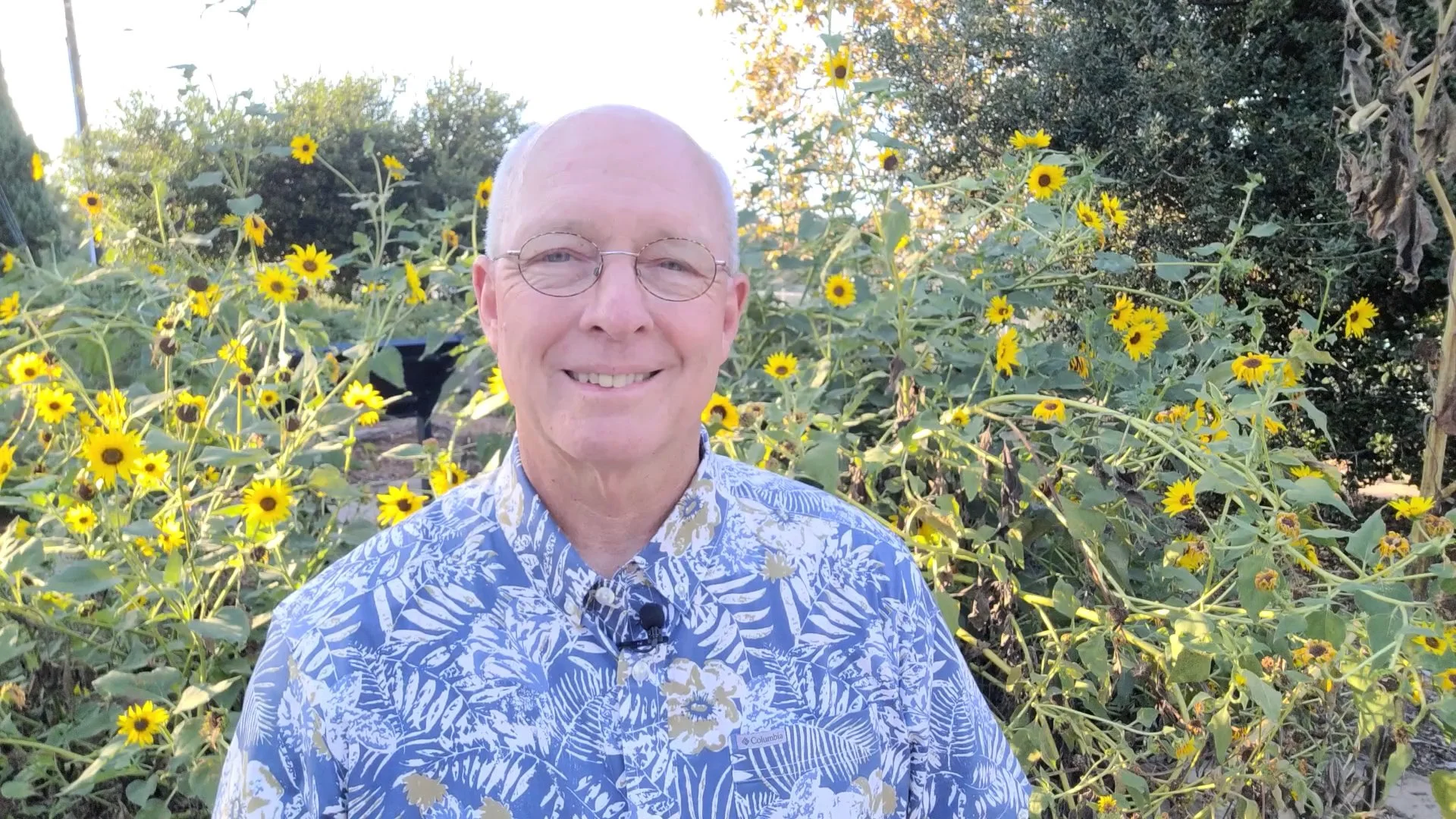My wife bought a pair of pruning shears the other day, and that act marked a significant turning point in her life. I’m not joking. It may not seem like a big deal to you, but anyone acquainted with the tenderness of that woman’s deeply sensitive heart would immediately recognize that the idea of cutting away part of a living thing, even to promote its greater fruitfulness, goes against her nature. So, for her to purchase and own something designed for that purpose is quite remarkable. But she was ultimately compelled to do it for love’s sake.
I don’t use that word lightly. She LOVES this world God created and everything that reflects his life within it including the plants in her flower and vegetable garden. And although that love struggles a bit with the concept of pruning, it’s also what ultimately caused her to order the shears. One of the tests of true love is its willingness to express itself in actions that are costly to the lover but benefit the loved.
And that’s what we encounter in the first three verses of John 15 as Jesus opens his parable of the vine and branches and introduces his disciples to a form of divine tough love. After identifying the story’s cast of characters – himself as the vine, the Father as the vinedresser, and his followers as the branches – the Lord described two truths about spiritual pruning.
First, he said there’s a big difference between pruning and removing. He told his disciples that unfruitful branches are simply removed while the vinedresser’s careful work of pruning is reserved only for those branches that are already fruitful so they can be more so.
He was preparing them for those times when they would encounter the tender blade of the Father’s loving confrontation. Jesus wanted them to understand that there would be times when they would feel the pinch of God addressing attitudes, habits, and behaviors that need to be trimmed away because they constrict the flow of his life in them and hinder their fruitfulness. But he was assuring them that the short-term pain experienced in those times would be worth surrendering to.
Consider the Bible’s list of the fruit the vinedresser seeks to promote in the branches. Galatians 5:22-23 says, “The fruit of the Spirit is love, joy, peace, longsuffering, kindness, goodness, faithfulness, gentleness, self-control.” And I ask you, who wouldn’t want to have more of those qualities flowing from their life?
God’s tender heart is certainly not insensitive to the trauma caused by the cutting away of those spiritually unproductive things we’ve allowed to take root in our lives. But his love compels him to employ his shears from time to time, and we should welcome him to do so.
The second truth about spiritual pruning revealed in this passage is that it’s the natural and unavoidable result of exposure to his words. He told his followers that without even knowing what was happening, the things he’d taught them had already produced in them a measure of cleansing. And in this context, that word is synonymous with pruning.
In other words, he was saying that the word of God, the Bible, among other things, is the vinedresser’s knife. It carefully reveals and deals with anything inhibiting our fruit-bearing. So, developing a regular habit of exposing ourselves to it causes the pruning we all want and need to become less often a painful confrontation and more of an expected and welcomed occurrence.
If you want to see more of the fruit of the Spirit produced in your life, do yourself a favor. Create a well-worn pathway to the Scriptures, submit to their pruning work, and rejoice in what begins to grow as a result.


